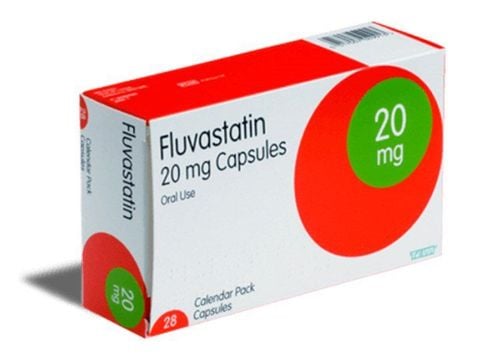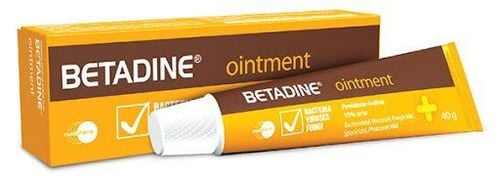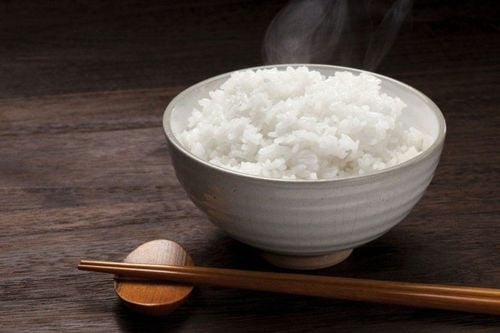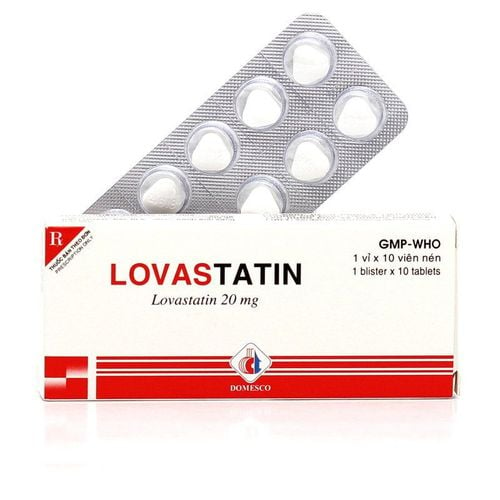This is an automatically translated article.
Duck meat has become popular on the table from East to West with countless attractive ways of preparation. However, many people still wonder if eating duck is good? Or does the nutritional content in duck cause fat?
1. Duck meat - a great source of nutrition
For the most part, concerns about eating fatty duck meat do not come from the nutritional ambiguity contained in the duck dishes that are eaten every day. Duck meat, although usually high in fat, is also a rich and diverse source of nutrients. It contains mostly healthy fats, including large amounts of monounsaturated fats, which are a combination of omega-3 and omega-6 fatty acids; and has a rich meaty flavor. Nutritional information provided by the United States Department of Agriculture (USDA), a 3-ounce (85g) skinless roasted Pekin duck breast (the most common breed of duck in the United States) contains:
Calories: 119 Fat : 2g Salt: 89mg Carbohydrates : 0g Protein : 23.5g Even when eating the skin, the fat content of the duck will vary depending on the amount of fat secreted during processing. For example, if you sauté a duck breast for 13 minutes and then grill it, you'll end up with less fat than the same piece of duck marinated in a shorter amount of time. Duck fat is also a rich source of linoleic acid. This type of polyunsaturated fat is also found in canola oil, walnuts and many other foods.
Eating duck is also how you absorb a large amount of micronutrients, including iron, selenium and small amounts of vitamin C. Duck meat also contains a variety of B vitamins, especially high levels of niacin and B-12. Like other B vitamins, niacin plays an important role in converting carbohydrates to glucose and metabolizing fats and proteins. B-12 is required for nerve function, red blood cell formation, and DNA synthesis.
Trắc nghiệm: Muối trong thực phẩm, natri, huyết áp và sức khỏe của bạn
Muối, natri là chất khoáng cần thiết cho cơ thể để duy trì hoạt động ổn định. Tuy nhiên, chế độ ăn thừa muối có nguy cơ cao dẫn tới các vấn đề sức khỏe nghiêm trọng. Cùng làm bài trắc nghiệm sau đây để hiểu hơn về những ảnh hưởng của các khoáng chất này tới huyết áp và sức khỏe bạn thế nào nhé.
Nguồn tham khảo: webmd.com
2. Is duck meat good to eat?
With a moderate amount of duck meat in your daily menu will bring you unexpected benefits:
Lowers Cholesterol
Monounsaturated fat in duck fat can help maintain the desired level of "good" HDL cholesterol . In addition, it may play a role in lowering levels of "bad" LDL cholesterol.
Increases energy levels
Duck meat contains high levels of essential amino acids that help the body produce energy for daily activities..
Strengthens the immune system
Is a good source of selenium- an antioxidant As an important antioxidant that can help prevent cell damage and fight inflammation, eating duck meat can support the body's immune system.
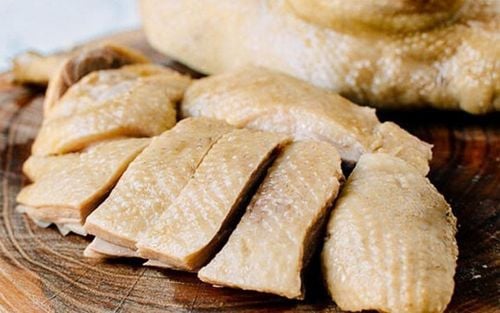
Supports thyroid health
Consuming adequate amounts of selenium is also important for thyroid health. A serving of about 250 grams of Pekin duck provides more than 50% of the daily value of selenium.
Protect bones
Several studies show that consuming animal protein, including eating duck, can improve bone density and strength.
Reduces the risk of heart disease
While fish oil is considered a top source of omega-3 fatty acids, duck meat also contains this group of acids and is beneficial for the heart. Eating duck (and other forms of poultry) in place of steak is likely to lead to positive health outcomes related to cardiovascular disease risk. Plus, duck provides the same amount of iron as red meat, significantly more than you would get from chicken.
3. Notes when eating duck meat
Despite the above benefits, many people feel like eating duck meat more. But to avoid other negative effects, you should keep a few things in mind such as:
Consider the high calorie content of duck fat when you decide whether to cook it or not. A serving of duck fat contains 113 calories, so it is easy to gain weight if you eat duck meat uncontrolled. A recent study found that cooked duck fat is more susceptible to lipid oxidation during storage than other oils and fats. Lipid oxidation causes foods to degrade when they are not used. There are currently no documented allergies or intolerances specifically associated with duck meat consumption. Often, people with other meat allergies can also react to duck meat. The USDA recommends cooking duck to an internal temperature of 165 degrees F (74 degrees C), as you would with any poultry. If you have any questions related to the topic of nutrition for the body and need advice from a doctor, you can leave your question in the ASK DOCTOR VINMEC section directly on the hospital website. Your question will be sent to the doctor and you will receive a consultation as soon as possible!
Please dial HOTLINE for more information or register for an appointment HERE. Download MyVinmec app to make appointments faster and to manage your bookings easily.
References: webmd.com, verywellfit.com, hss.gov.nt.c





